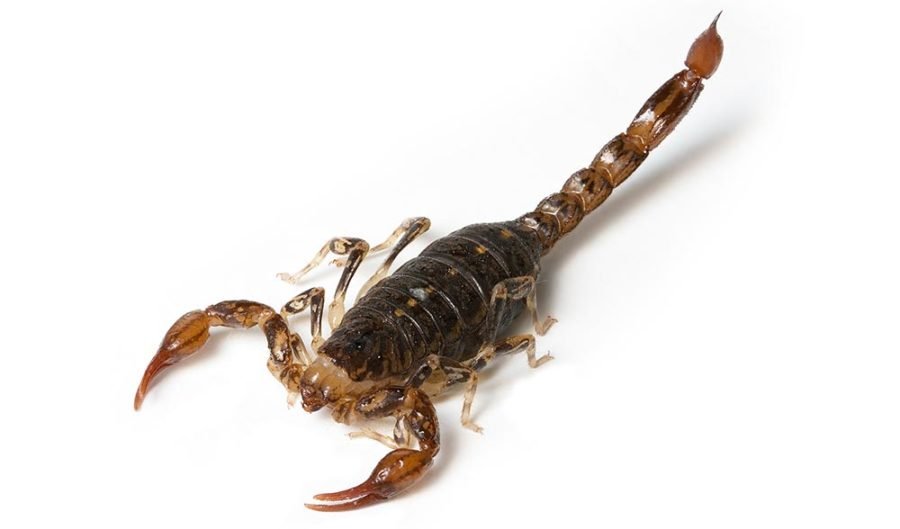Venom of deadly scorpion has medical use

AUSTRALIAN SCIENTISTS HAVE PIONEERED a study of local scorpion venom and its potential benefits in medicine, particularly pain management.
As one of the oldest venomous species on Earth, for more than 400 million years scorpions have been evolving a rich arsenal of toxins. While intended for killing or incapacitating prey, the compounds found in scorpion venom can also be used for creating new drugs.
Medications derived from venoms have been in development for several decades. For example, Malayan pit viper venom has been used for a hypertension drug, black mamba venom has powerful painkilling potential, and a toxin found in the North African deathstalker scorpion has shown potential for treating brain tumours.
Australian scorpion species
Australia is notorious for its range of dangerous creepy-crawlies not found elsewhere in the world, including 29 species of scorpions. However, until now their venom has not been investigated in detail. This lack of data has prevented researchers from revealing the full evolutionary picture of scorpion venom.
Now, a team of scientists led by Associate Professor Bryan Fry, a venom researcher at the University of Queensland in Brisbane, has spent three years cataloguing a wide range of venom compounds and has grouped them according to their evolutionary origins. This work will aid researchers in finding compounds with medical potential.
“It changes how we view scorpion venom evolution. We now have a completely different picture of it and a much better understanding, which serves as a roadmap for discovering new drugs,” Bryan told Australian Geographic.
“Our research has examined the full diversity of Australian scorpion venom for the first time,” Bryan says. “We’ve discovered a huge range of never-before-seen compounds, and among them we expect to find sequences of great interest for developing new pain treatments.”
Medical benefits of venom
Out of 13 known scorpion families, only one – the Buthidae family – has been extensively studied for medical benefits. The researchers collected the venom of almost 1500 Australian scorpions, gathering data from this unique and previously untapped resource.
“So many compounds were unlike anything we’ve ever seen,” Bryan says.
“Some scorpion stings cause numbness, other cause tremendous pain. The compounds which cause numbness can be directly useful in treating pain, and the ones that cause pain can teach us a lot about how pain works and how we can reduce it. We have a remarkably poor understanding of how pain is caused.”
The study was published in the journal Toxins last week.

